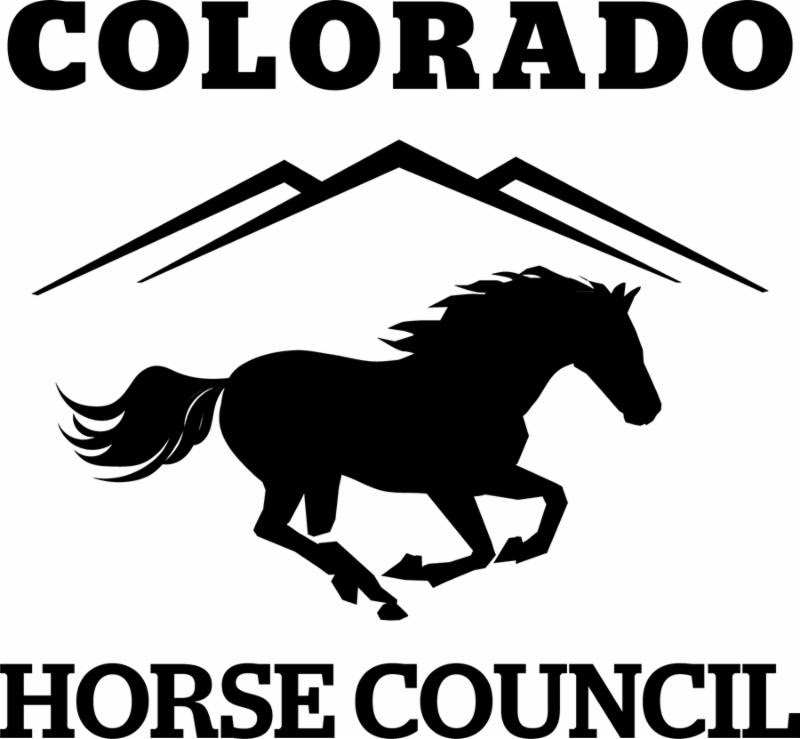VSV – CDA Warns against Misinformation- 8-16-2019

The following is from the Colorado Horse Council:
August 16, 2019
Colorado Department of Agriculture warns against vesicular stomatitis misinformation
Stay informed!
For information all equine diseases
Equine Disease Communication Center
Great information on all equine health notices and needs.
Don’t leave home with your horse until you have
check this site out!

Stay informed and help us protect your rights as Horse Owners
Join or Renew your Colorado Horse Council membership online today!
Did you know you can renew membership or become a new member online at the Equine City Hall? Just Click Here!
Save the postage and the time, and renew today!
FOR IMMEDIATE RELEASE
August 16, 2019
Veterinarians and Livestock Owners Contact: Colorado State Veterinarian’s Office, 303-869-9130
Media Contact: Mary Peck, 303-869-9005, mary.peck@state.co.us
Broomfield, Colo. – As Colorado’s livestock communities continue to manage a significant vesicular stomatitis virus (VSV) outbreak affecting 20 counties across the state, misinformation about the virus is being shared on social media channels and traditional media outlets. The initial source of the inaccurate reporting, comparing VSV to a “rabies-like” virus, was an Associated Press article that was reposted by a number of media outlets. The article has since been corrected.
“It is highly misleading to say that vesicular stomatitis virus is a rabies-like virus. Both viruses belong to the same family, Rhabdoviridae, but that classification is based on viral structure alone,” said Maggie Baldwin, Epidemiology Traceability Veterinarian for the Colorado Department of Agriculture (CDA).”The two diseases have no similarities in transmission, clinical signs, or outcome.”
VSV is a virus from the genus Vesiculovirus. VSV is a viral disease that causes blisters and ulcers on the mouth, feet, ears, and udder of cattle, horses, and swine, and occasionally mules, donkeys, sheep, goats, llamas, and alpacas. The rabies virus is from the genus Lyssavirus. Rabies is a viral disease that affects the central nervous system of mammals and has an extremely high case fatality rate.
VSV is not considered a highly contagious virus, as it is spread primarily through insect vectors, and rarely through saliva or other contact. Please refer to the CDA VSV website for accurate information and resources.
CDA has confirmed cases of VSV in Adams, Alamosa, Arapahoe, Archuleta, Boulder, Broomfield, Conejos, Delta, Douglas, Gilpin, Grand, Jefferson, La Plata, Larimer, Mesa, Mineral, Montezuma, Montrose, Morgan, Ouray, Pueblo, and Weld counties.
ALL VSV cases are important for the epidemiology and management of this outbreak and MUST be reported to the State Veterinarian’s Office at 303-869-9130, regardless if the owner and veterinarian decide to have their livestock tested or choose to manage as positive premises based on the presence of typical clinical signs without testing.The only cases that may be managed as suspect positive are equine cases located in counties that have confirmed cases.
Equine owners and livestock producers across the state are impacted by VSV; all livestock owners should carefully watch the case numbers and affected counties to gauge their level of risk and institute mitigation measures.
The total count of premises under quarantine for VSV by county is outlined in the table below. CDA’s Animal Health division is updating this table regularly with the latest data on its CDA VSV website.
Please see the USDA APHIS Veterinary Services website to read the current situation report for all confirmed cases in the U.S.
The first case of VSV in Colorado was reported on July 3rd in Weld County by a field veterinarian from the State Veterinarian’s Office at the Colorado Department of Agriculture. An incursion of VSV-infected insect vectors is the likely source of infection. There are no USDA approved vaccines for VSV.
Vesicular Stomatitis Background
Vesicular stomatitis is a viral disease that primarily affects horses and cattle but occasionally swine, sheep, goats, llamas, and alpacas will show clinical signs. The transmission process of VSV is not completely understood, but includes insect vectors such as black flies, sand flies, and biting midges.
The incubation period ranges from 2-8 days. Clinical signs include vesicles, erosions, and sloughing of the skin on the muzzle, tongue, ears, teats, and coronary bands. Often excessive salivation is the first sign of disease, along with a reluctance to eat or drink. Lameness and weight loss may follow.
Humans may become infected when handling affected animals, but this is a rare event. To avoid human exposure, individuals should use personal protective measures when handling affected animals.
Tips for Livestock Owners
- Strict fly control is an important factor to inhibit the transmission of the disease.
- Avoid transferring feeding equipment, cleaning tools or health care equipment from other herds.
- Colorado veterinarians and livestock owners should contact the state of destination when moving livestock interstate to ensure that all import requirements are met. Contact information for all state veterinarian offices is listed here.
- Colorado fairs, livestock exhibitions, and rodeos may institute new entry requirements based on the extent and severity of the current VS outbreak. Certificates of veterinary inspection (CVIs or health certificates) issued within 2-5 days prior to an event can be beneficial in reducing risks. Be sure to stay informed of any new livestock event requirements. See the Vesicular Stomatitis Guidelines for Shows and Fairs.
Important Points for Veterinarians and Horse Owners
Any vesicular disease of livestock is reportable to the State Veterinarian’s Office in Colorado – to report call 303-869-9130. If after hours, the voice message will indicate which staff veterinarian on call.
Additional resources
